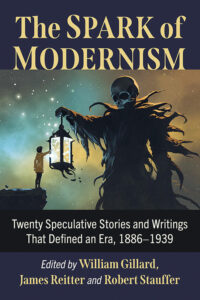Welcome to the English Department!
We are a student-centered, award-winning department providing students the opportunity to develop deep knowledge and expertise in a wide variety of literature, creative and professional writing, rhetoric, and linguistics.
We offer two undergraduate majors—in Liberal Arts and Secondary Education—several minors, and a Master of Arts and certificate programs for graduate students. Our faculty are accomplished, publishing their scholarly and creative work with distinguished presses and in leading national and international journals. But our priority remains teaching and mentoring students as they develop their skills as practiced readers, writers, and problem-solvers.
The department sponsors a range of curricular and co-curricular options, from study-abroad trips to a campus chapter of Sigma Tau Delta, the English Honor Society. Our students also staff the nationally-recognized Wisconsin Review, a journal devoted to creative writing and visual art.
This website provides a lot of information on all of those topics, so please do take a look. We’ve organized it so that both prospective and continuing students can find what they need. Of course, for additional information, please do contact us. We want to hear from you!
Sam Looker-Koenigs
Department Chair
Faculty Spotlight:
 Bill Gillard
Bill Gillard
English Department Faculty Member Bill Gillard recently published Speculative Modernism: How Science Fiction, Fantasy and Horror Conceived the Twentieth Century.
Find a copy here: https://mcfarlandbooks.com/product/the-spark-of-modernism/
Check out this review of Bill’s book below:
“The Spark of Modernism explores how turn-of-the-century American and British speculative authors used tales of other worlds and times as funhouse mirrors to engage some of the most pressing scientific and social issues of their day—many of which are still with us in the contemporary moment. Editors Bill Gillard, James Reitter, and Robert Stauffer have curated a lively and comprehensive volume that features science fiction, fantasy, and horror stories by genre luminaries alongside pieces from writers more often thought of as scientists, philosophers, political activists, and journalists. Complete with detailed biographies that make the authors and their works come alive for modern audiences, this book is a must-read for science fiction scholars and fans alike. Highly Recommended!”
— Lisa Yaszek, Regents Professor of Science Fiction Studies at Georgia Tech
